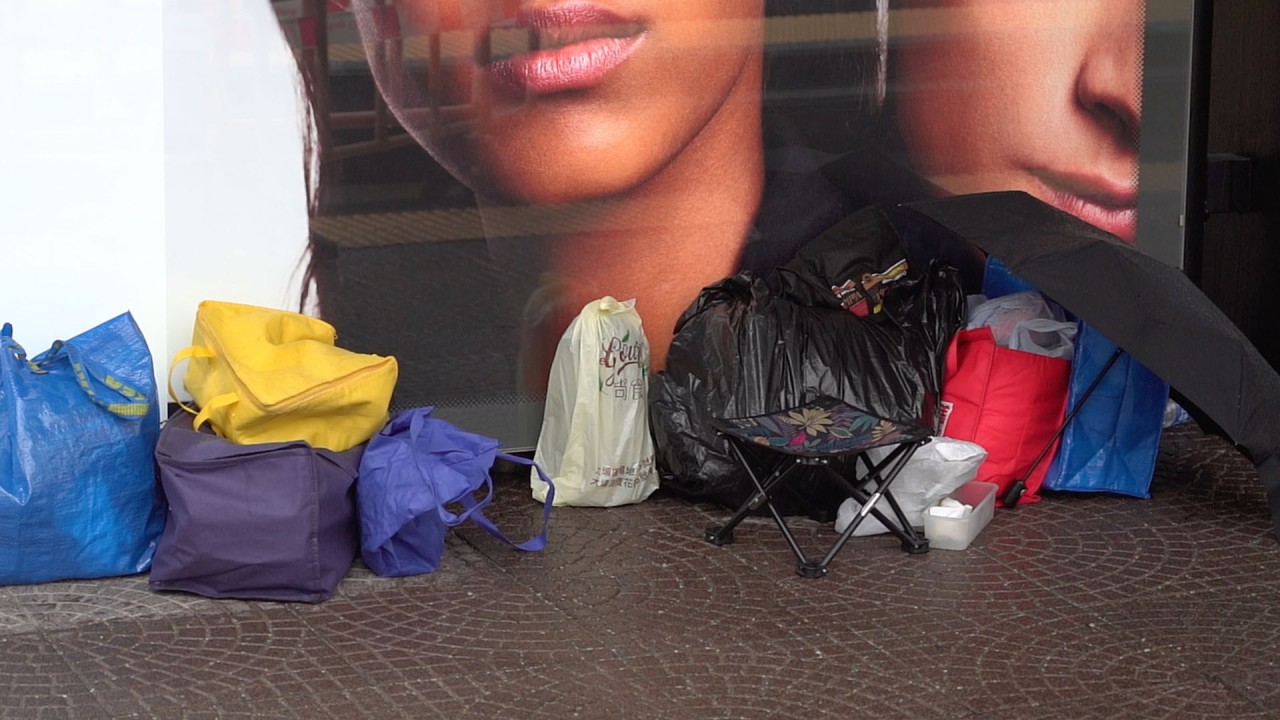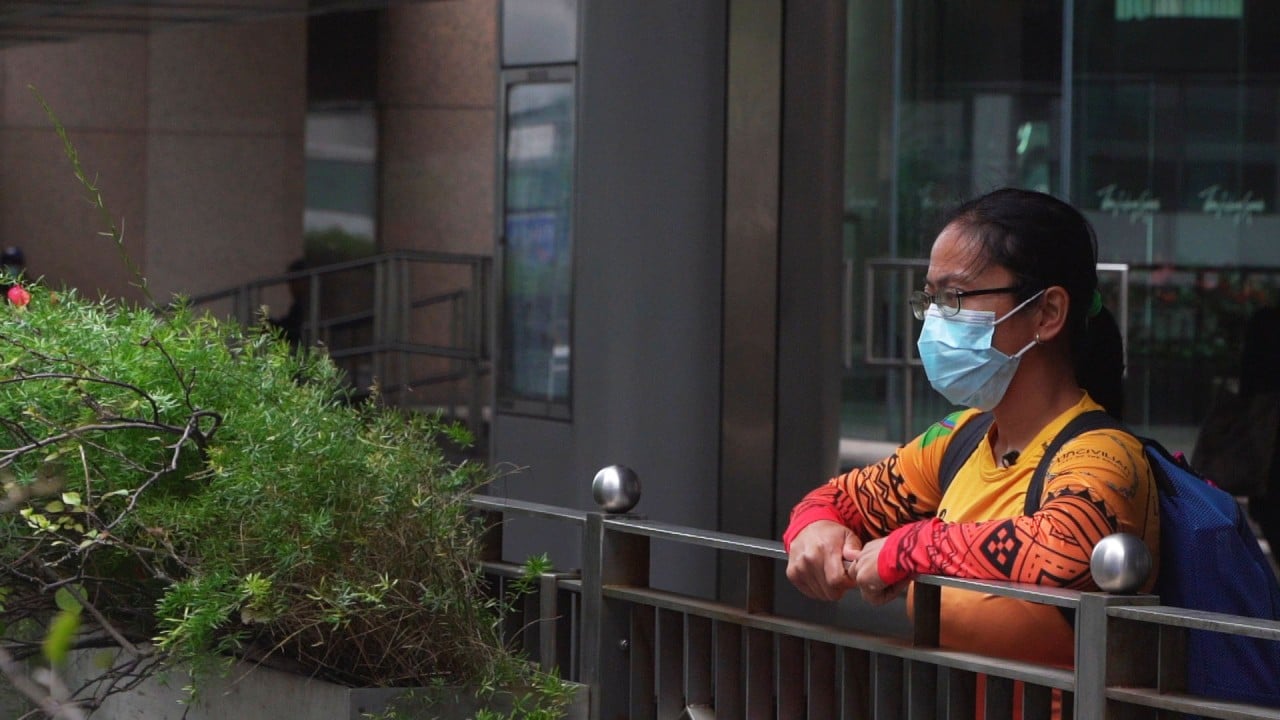
Brownface episode a reminder Hong Kong has work to do on racism
- The controversial TV episode is only the tip of the iceberg of the city’s collective failing of residents from ethnic minority communities
- Hong Kong’s treatment of domestic workers, Chinese language learners and others shows talk of equality and reform remains lip service at best
In the face of this criticism, some have asked what is wrong with actors modifying their appearance to play a particular part. Yet what this response misses – and also reveals – is that one’s ethnicity is neither a colour nor merely a cosmetic affair.
Unfortunately, this is only the tip of the iceberg of our city’s collective failing of residents from ethnic minority communities. The ongoing pandemic has seen a plethora of bigoted, even dangerous presumptions propagated concerning migrant workers in our city.
Despite the best attempts by individual charities and non-governmental organisations, such as Equal Justice Limited and Pathfinders, these issues have persisted. They continue not because of a lack of anti-discrimination laws but because such laws are not enforced and monitored with stringency. Much of the talk of equality and reform remains lip service at best.
Consider, for instance, the barriers confronting young people from ethnic minority groups. It is not the case that schools are underfunded or there are no legally stipulated requirements when it comes to enrolment of minority students in language courses.
Spotlighting more positive stories, highlighting the fact that one need not be a model minority to be considered a true Hongkonger and embracing the ethnic diversity that makes Hong Kong great are steps that should have long been taken.
Encouraging more egalitarian, inclusive portrayals of minorities that are culturally sensitive and cognisant of differences, educating the public to listen to and empathise with the trauma of those subject to discrimination, are policies that should be put in place and do not require much political capital.
It should not take ugly scenes in the aftermath of a massive public health crisis or the bizarre brown-facing in a popular TV show for us to recognise something is wrong with the way we talk about race. Racism is structural if societal norms and institutions serve to paint over and lend implicit support to sustained bad practices.
Racism is structural if we can act and yet choose not to because we fail to take the problem as seriously as it should be. It is high time we addressed the problem.
Brian Wong is a DPhil in Politics candidate at Balliol College, Oxford, a Rhodes Scholar (Hong Kong 2020), and the founding editor-in-chief of the Oxford Political Review

.png?itok=bcjjKRme&v=1692256346)

